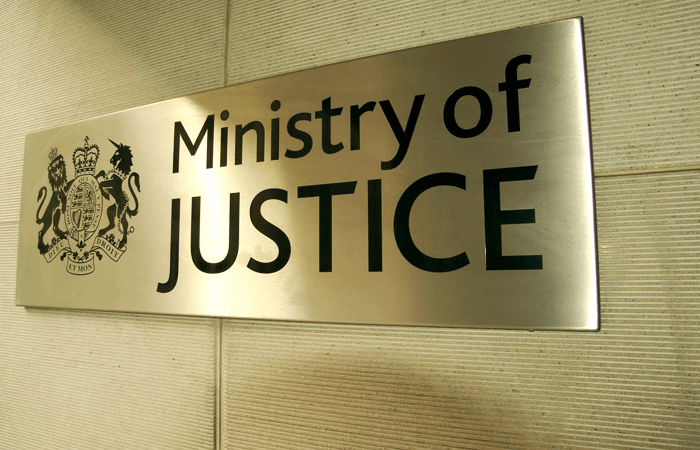By Ben Kerrigan-
The British Parliament will today end the automatic half-way release for offenders sentenced for crimes such as rape, manslaughter and GBH. Instead, such offenders will be made to spend two-thirds of their sentence in prison, before being subject to strict licence conditions upon release.
The changes follow yesterday’s announcement of tougher sentences for the most serious terrorist offenders, and will apply to anyone handed a standard determinate sentence of seven years or more, where the maximum penalty is life. The most dangerous offenders already face life sentences and may never be released.
Two statutory instruments are to be debated today in Parliament, along these lines. They are the Alteration of Relevant Proportion of Sentence Order 2019, and the Criminal Justice and Courts Act 2015 (Consequential Amendment) Regulations Order 2019.
The first will change the release point for those serving standard determinate sentences of 7 years or more where the maximum sentence is life to the two-thirds point. The second is a technical instrument to ensure the changes can apply to those serving consecutive sentences.
If approved by both Houses, the changes will come into force on 1 April 2020 and apply to relevant sentences imposed on or after that date.
Justice Secretary & Lord Chancellor, Rt Hon Robert Buckland QC MP, said:
”Time and again victims tell me they feel let down by a system that can see violent and sexual offenders back on the streets after serving just half their sentence.
So we will end the automatic half-way release for these offenders – ensuring punishment truly fits the crime and restore the public’s faith in the justice system.
Since 2005 the majority of these criminals serve what is known as ‘standard determinate sentences’ and are released automatically at the half-way point, serving the second half of their sentence in the community. The Government will change the release point to two-thirds for certain serious offenders which will allow for a greater period of rehabilitation in prison as they prepare to resettle into the community.
The move is part of an overhaul of the criminal justice system which will see 20,000 new police officers, an extra 10,000 prison places and a new Sentencing Bill to ensure the most serious offenders spend longer in jail. The reforms include yesterday’s announcement of tougher sentences for the most serious terrorist offenders.




